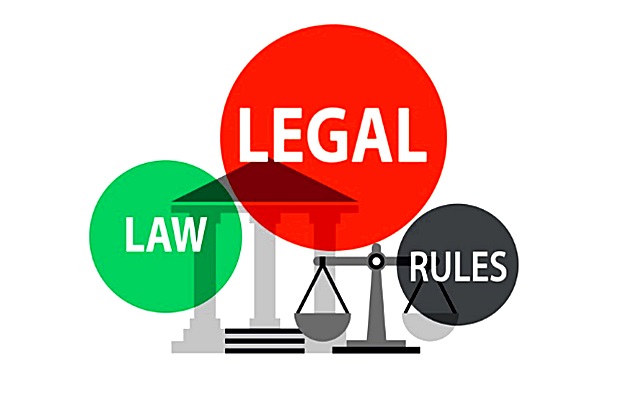1266

Euractiv Reports: EU Commission’s Vision for the Agri-Food Sector Takes a Tough Stance on Food Trade and Promises Stricter Standards for Third Countries on Pesticides and Animal Welfare
An Ambitious Plan
In 2025, the EU executive plans to present an ambitious strategy to strengthen reciprocity in production standards, according to a draft roadmap for the EU and food, set to be unveiled on February 19 and seen by Euractiv.
According to sources familiar with the issue, the section on trade standards is the most controversial aspect of the ongoing internal discussions within the Commission, as it would require striking a new balance at a time when the EU executive is seeking to expand its network of trade partnerships.
"The Commission will pursue, in line with international rules, a stronger alignment of production standards applied to imported products, particularly regarding pesticides and animal welfare," the document states.
The Commission pledges to ensure that the most hazardous pesticides banned in the EU "do not make their way back" through imports. It also commits to preventing the production of substances banned within the bloc for export elsewhere.
A Tougher Approach
These commitments echo the increasingly firm rhetoric from the EU Agriculture Commissioner, Christophe Hansen, and Health and Animal Welfare Commissioner, Olivér Várhelyi, who have recently signaled a stricter approach to production standards for imported food. Last month, EU agriculture ministers joined this push, urging the EU executive to curb imports containing residues of banned pesticides.
The plan also proposes a "dedicated task force" to strengthen import controls through enhanced inspections, a measure long requested by the European Parliament.
Regarding animal welfare, the vision also seeks to use a long-awaited revision of existing regulations to ensure that imported products meet EU animal welfare standards. "The targeted revision of animal welfare legislation will provide an opportunity to apply this in a WTO-compliant manner," the document states.
Additionally, the document suggests extending mandatory origin labeling to more agricultural and fishery products.
Back to Sustainability
To provide farmers with more alternatives to chemical pesticides, the Commission states that it will present a proposal in 2025 "to accelerate access to biopesticides," including a fast-track authorization procedure.
Banning chemical substances may also become more challenging. The Commission "will carefully assess any further pesticide bans if alternatives are not available within a reasonable time and at a reasonable cost," unless human health or key agricultural habitats are at risk.
The document recognizes the livestock sector as "an essential part of EU agriculture" that adheres to high standards but is not always adequately rewarded by the market. The Commission plans to launch a "livestock policy stream" to develop policy pathways addressing the sector’s climate footprint while also highlighting its role in environmental stewardship.
While the document does not prioritize plant-based proteins over animal proteins, as requested by the Strategic Dialogue, it outlines plans to build "a more self-sufficient and sustainable EU protein system."
Food and Prices
Regarding farmers' bargaining power in the food supply chain, the roadmap pledges zero tolerance for practices "where farmers are systematically forced to sell below cost."
The Commission has announced that it will review the Unfair Trading Practices (UTPs) Directive to address this issue, a move expected to follow an evaluation of the rules in November this year.
On the supply side, new public procurement legislation will aim to provide incentives for promoting the consumption of "local, seasonal products" and food produced with high environmental standards, such as organic products.





